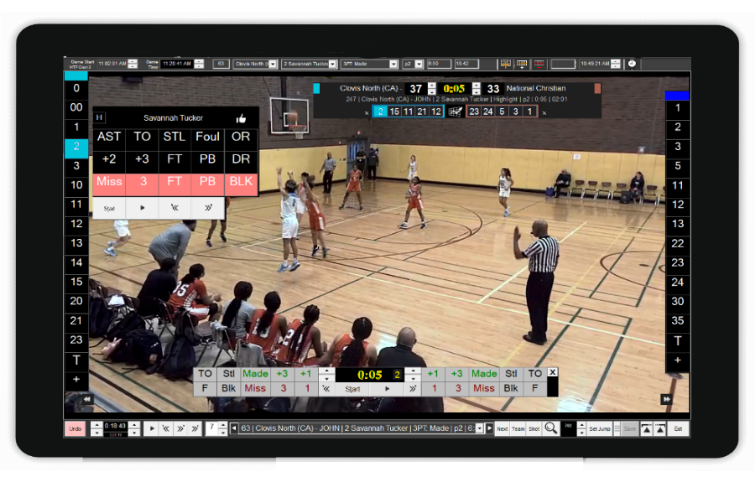Fair play is the heartbeat of any sports league, and getting the rules and regulations right is crucial. We’re here to simplify the often complex world of sports rules and offer some innovative ideas to keep things fair, fun, and straightforward. Let’s dive in!
1. Create an Interactive Rulebook:
- Move beyond the traditional rulebook and create an interactive, user-friendly version. Incorporate visuals, videos, and even quizzes to engage participants in understanding the rules. An interactive rulebook not only simplifies information but also enhances the learning experience.
2. Implement Video Review Challenges:
- Introduce a video review challenge system where teams can challenge specific calls during games. This not only adds an element of strategy but also ensures that contentious decisions are reviewed and corrected when necessary. It’s a modern twist to traditional rule enforcement.
3. Gamify Rule Learning with Quizzes:
- Make the process of learning and understanding rules enjoyable by gamifying it. Create rule quizzes or trivia contests where participants can test their knowledge and earn points for their teams. This not only educates players but also fosters a culture of continuous learning.
4. Host Rules Q&A Sessions:
- Foster a transparent environment by hosting regular rules Q&A sessions. Allow teams to submit questions anonymously or openly discuss rule interpretations. This not only clarifies any ambiguities but also ensures that everyone is on the same page when it comes to rule understanding.
5. Incorporate Fair Play Scoring:
- Go beyond wins and losses by introducing a fair play scoring system. Recognize teams for sportsmanship, adherence to rules, and overall fair play. This not only promotes a positive playing environment but also encourages teams to prioritize fair competition.
6. Dynamic Rule Adjustments Based on Feedback:
- Stay agile with your rules by incorporating dynamic adjustments based on feedback. Create a feedback loop where teams can provide input on specific rules, and be open to making necessary changes to improve the overall fairness and enjoyment of the league.
Bonus Tip: Referee Mentorship Program:
- Develop a referee mentorship program where experienced referees guide newcomers. This not only ensures consistent rule enforcement but also provides a supportive environment for referees to grow and improve. A well-trained officiating team contributes significantly to fair play.
In conclusion, ensuring fair play doesn’t have to be a daunting task. By simplifying rules through interactive materials, embracing technology with video reviews, gamifying learning, and fostering transparency, you’re not only simplifying the rulebook but also creating an environment where fair play is at the forefront of every game. Here’s to fair competition and a season filled with sportsmanship!


